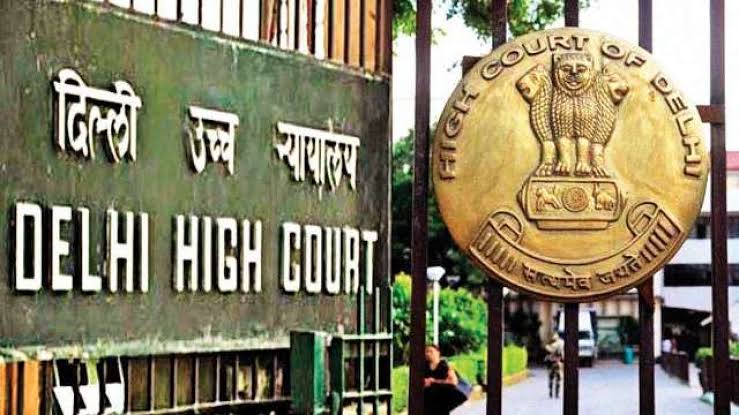
The Delhi High Court on Wednesday directed the Bar Council of India (BCI) to take into account integrating other subjects with the study of law in order to broaden the scope of legal knowledge.
The court was hearing a petition filed by a law graduate, Sandeep who attended the University of Delhi from 2014 to 2017 and began working for the Delhi Jal Board as a Senior Assistant in October 2016 before finishing his education as a graduate.
The petitioner requested an exemption from taking the All-India Bar Council Examination in 2023. The last date for filing the application form is January 16.
The law graduate had submitted all the applications and documents to the Bar Council of Delhi. However, because he did not receive his provisional enrollment number, he was unable to obtain his application form for the AIBE examination.
Advocate Preet Pal Singh was representing the Bar Council of India.
The matter was heard by a single bench of Justice Prathiba M. Singh.
The bench asked the Bar Council to reconsider its current structure of offering 3 and 5 year LLB programmes and to offer more combination courses, stating that it is critical to have law courses with other subjects included so that people from diverse backgrounds can be legal professionals.
The High Court also mentioned, “You sit in the IP division. You need a lawyer who’s an engineer. You need a lawyer who’s a physicist. You need a lawyer who’s an economist. How will you create these professionals, if you keep that very standard or five years course or three year course in play?”
The court also advised that the Bar Council should reconsider the said aspect, adding that the legal profession will otherwise become outdated.
The petitioner’s counsel relied on a Gujarat High Court decision in Twinkle Rahul Mangaonkar v. Union of India, in which persons in employment were allowed to take the bar exam. The High Court had given them six months after passing the exam to decide whether they wanted to stay in their jobs or start their employment or practice.
The advocate appearing for the petitioner also cited the decision of the top court in which various directions were issued in the appeal preferred in Twinkle Rahul Mangaonkar case.
According to the counsel, the petitioner could not have been barred from taking the AIBE exam or even obtaining provisional registration because the question of whether he should start practicing or remain in employment could be decided by him after qualifying the bar examination.
According to the Gujarat High Court and the Supreme Court, it is clear that a person who is employed and has passed the LLB examination cannot be barred from taking the All India Bar Examination merely on the grounds of employment.
The bench said that the persons who have qualified the LLB examination need to be given the flexibility which has been clearly recognized by the Gujarat High Court and the top Court.
It said the petitioner, having qualified his LLB examination, though in employment, could not have been rejected from obtaining a provisional enrolment The bench noted that even as per the Bar Council of India Act and Rules, if a person takes employment even after enrollment, such a person has the option of keeping the enrollment under suspension.
The Court said, “The Bar Council of India need to encourage lawyers who qualified the LLB examination, to be able to appear in the bar examination and have the flexibility to either practice or to keep their enrollment under suspension.”
As a result, while allowing the petitioner to appear in the examination, the court ordered him to appear before the Bar Council of Delhi’s enrollment committee tomorrow.
The petitioner will be given provisional enrollment on January 13 after the court has examined all of the documents presented by him.




